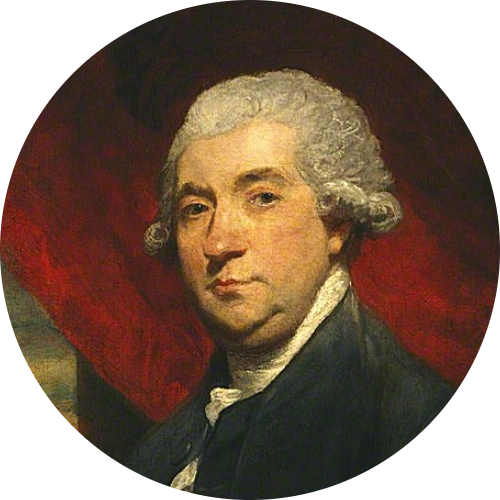Poet, clergyman and literary critic. Minister of Midmar, Aberdeenshire from 1759 until his death.
He was a prominent member of the same literary circles as David Hume, Lord Kames and James Macpherson, although of limited powers compared to the others.1 Among his many writings is The day of Judgment. A poem (1753 or 1758). Later came such works as Providence, an Allegorical Poem (1764), Poems on Several Subjects (1769), Philosophical and Critical Observations on the Nature, Characters, and Various Species of Composition (1774), Britannia: A Natural Epic Poem, in Twenty Books (1801) and The Triumphs of Christianity over Deism (1805) Described as the most ardent mid-century proponent of personification.2
An obituary in The Gentleman's Magazine (May 1814) read that "[Ogilvie] was almost the only survivor of a number of literary characters among the Scottish clergy, whose fame commenced with the accession of his present majesty, and has adorned the long course of his reign."
Ogilvie came to London at the beginning of July 1763, and visited and dined with Boswell on some occasions.
On July 6, 1763, Boswell played the host, in Mitre Tavern, to an exclusive company consisting of Ogilvie, Dr. Johnson, Oliver Goldsmith, Thomas Davies and a Mr Eccles. Of the occasion, Boswell wrote "We talked of Scotland. Ogilvie, who is a rank Scot, defended his native land with all the powers that he could muster up." Those powers were not enough to hold an attack from Johnson although it would probably have been difficult for any man to win a case for Scotland in that exact company.
